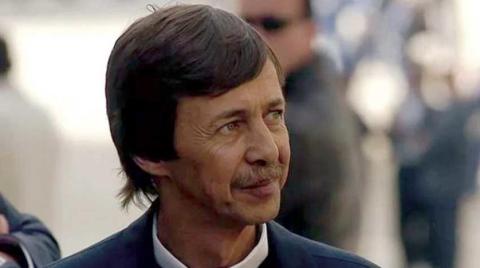
Although Algerians found themselves divided over the political legacy left behind by the recently resigned president, Abdelaziz Bouteflika, thousands have taken to the streets in support of army chiefs’ motion that drove the longtime leader to step down.
In the lead up to the leave, Army Chief of Staff Ahmed Gaed Salah, since early March, directed serious warnings to Bouteflika and the National Liberation Front posy surrounding him.
For some, however, the outgoing president’s 20-year rule was filled with some noteworthy achievements.
An Algiers-based cab driver, who goes by the name of Ibrahim, chose to not partake in marches rejoicing over the president’s removal, however, still voiced his appreciation that the calls by the people and army were heeded.
The ailing, 82-year-old leader announced he was stepping down in just hours after the army chief demanded immediate action to remove him from office.
Ibrahim also showed remorse over having to see Bouteflika’s reign end in the manner it did.
Pointing to a number of city landscapes where infrastructure development is evident, he said “all this happened during his time in power.”
“He (Bouteflika) is supposed to be remembered as the leader who restored peace and security to the country after a bleak decade, and as the driver behind the construction of infrastructure projects in Algeria,” Ibrahim noted.
Soaad, a suburban housewife in Algiers interviewed by Asharq Al-Awsat at a local market, voiced her fears and concerns over what awaited the country after Bouteflika’s exit.
For her, transition remains rough and unclear and public streets are cloaked with ambiguity. On moving forward, Soaad wonders whether or not the weekly protests will keep going.
“We don’t know what’s next,” she said while noting that not only it was “situation unknown,” but also “fears of short-lived joy dominated celebrations.”
Among the many signs that spur concerns, according to Soaad, is the rising of commodity prices and diminished state support.












